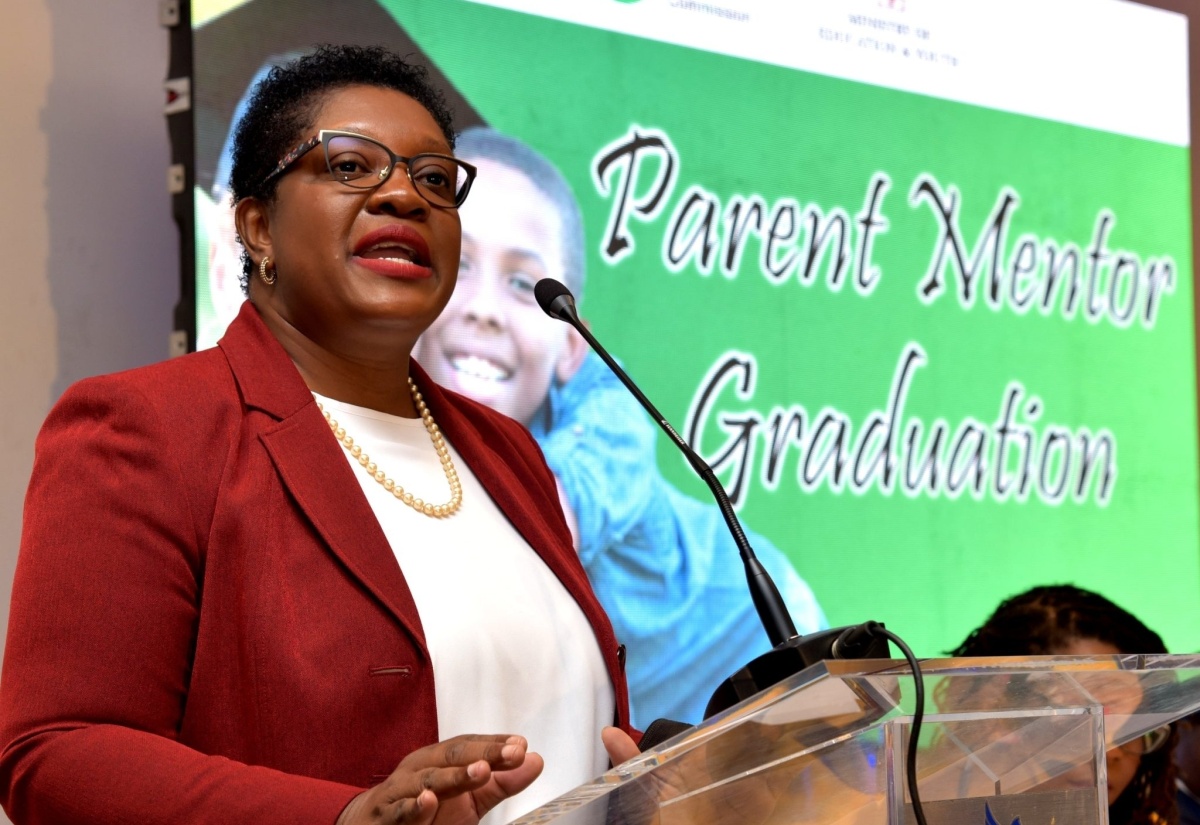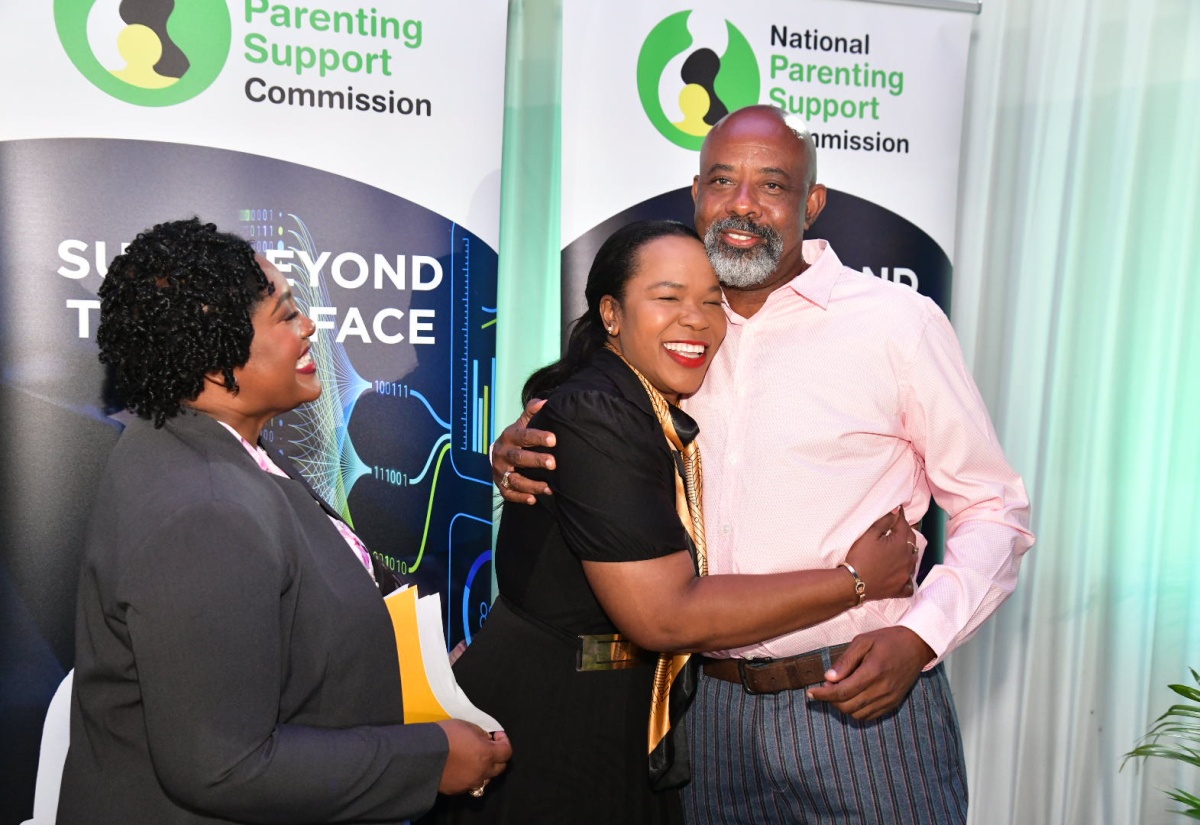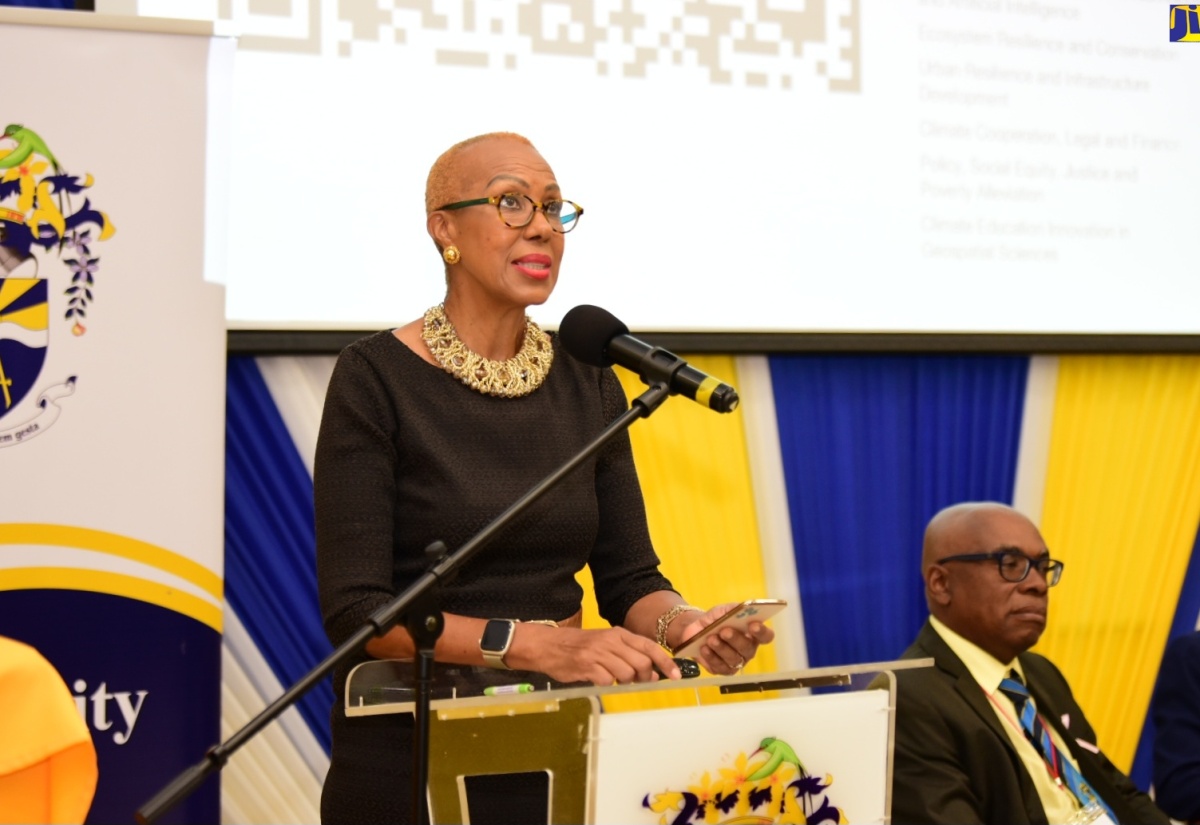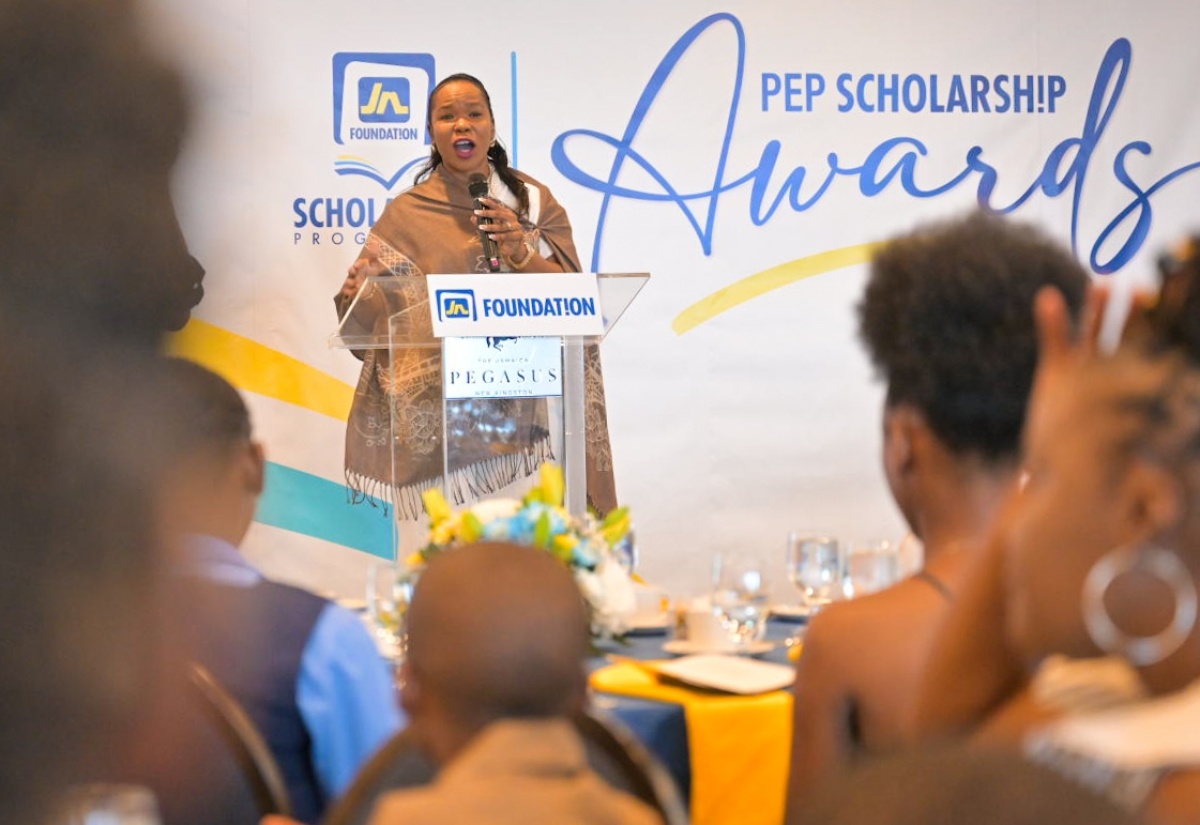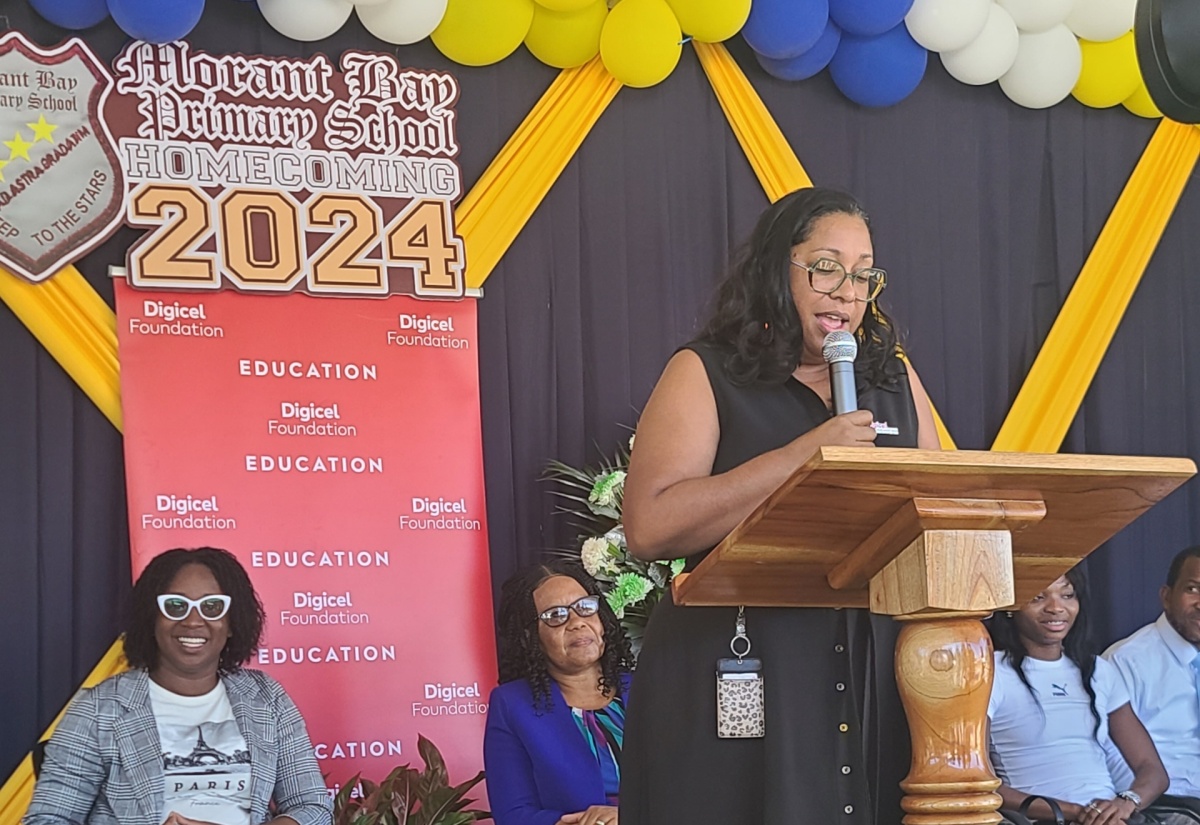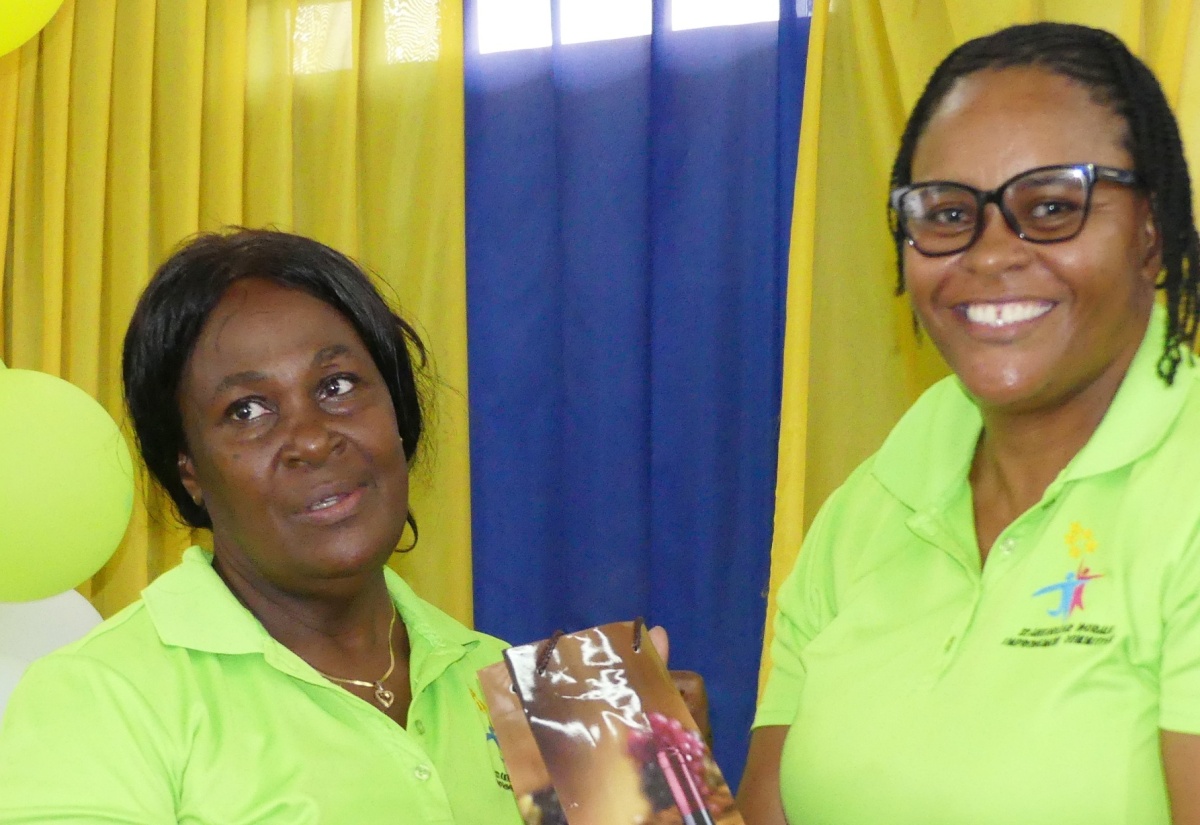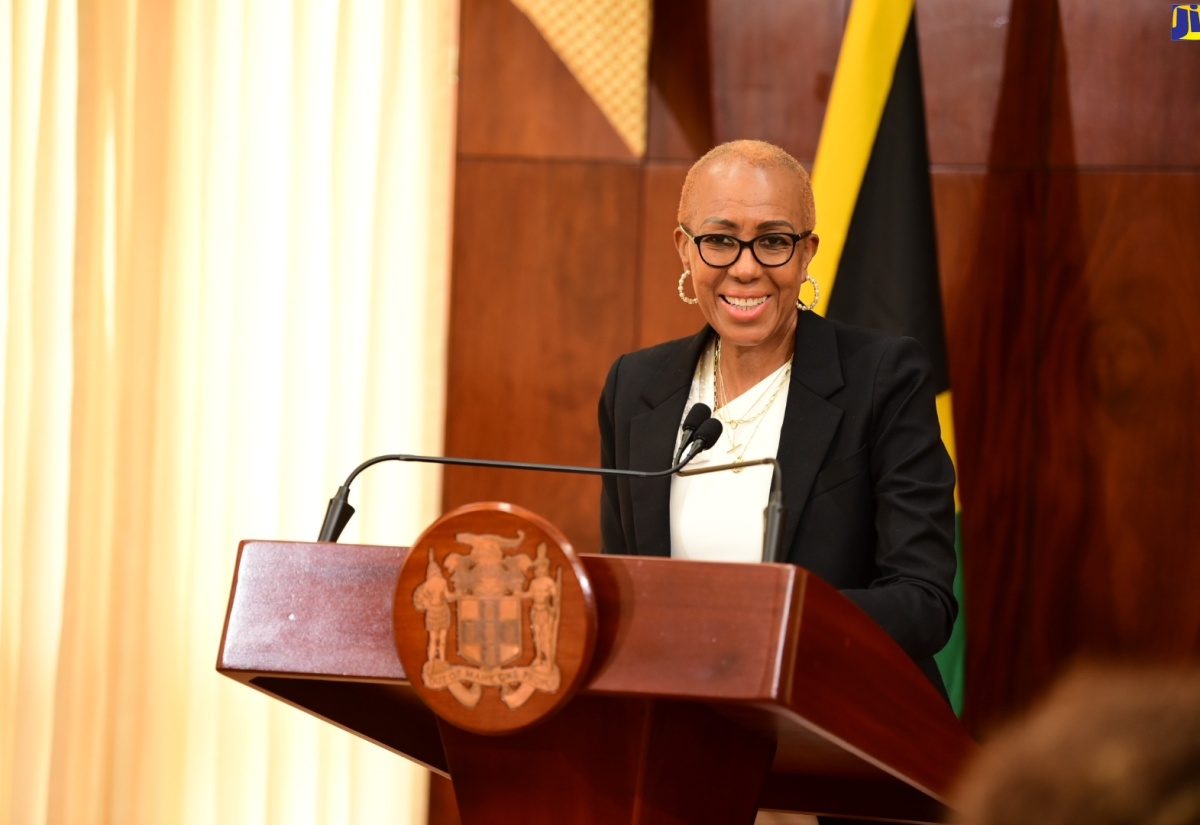The Ministry of Education, Skills, Youth and Information, in collaboration with the National Parenting Support Commission (NPSC), will launch National Parent Month 2024 on Friday (November 1), under the theme ‘Surf Beyond the Surface’.
The theme focuses on empowering parents and guardians to embrace and responsibly utilise new technologies, particularly artificial intelligence (AI), in their parenting practices.
Chief Executive Officer of the NPSC, Kaysia Kerr, said with AI becoming increasingly integral in person’s daily engagements, the Commission recognises that many parents feel apprehensive about its implications.
“We recognise that while concerns around AI are valid, the technology presents unique opportunities to enhance parenting and support children’s learning. This year’s Parent Month is geared towards creating a space for learning, so [addressing] apprehensions, some of which prevent parents from encouraging positive and ethical use of technology,” she pointed out.
Ms. Kerr added that the theme will be bolstered by the three Pillars of National Parent Month 2024. These are ‘Click: Get with It’, ‘Connect: Go with It’ and ‘Collaborate: Grow with It’.
Under the Click: Get with It pillar, parents are encouraged to start learning about AI tools through online resources and search engines.
The Connect: Go with It pillar focuses on new AI tools emerging daily that can enhance communication between parents and children, which adults are being encouraged to embrace to enrich the parenting experience.
Collaborate: Grow with It underscores the importance of ongoing knowledge acquisition to effective parenting.
Parents are encouraged to participate in AI sessions organised by the NPSC, schools and community partners.
Collaboration with schools ensures that sessions are tailored to the specific needs and interests of parents.
To further engage parents, the NPSC will host two national town hall events in collaboration with ‘Talk Up Yout’.
They will be held in Montego Bay, St. James, on November 26 and in Kingston, November 27.
Ms. Kerr said these events will feature dynamic speakers and informative AI demonstrations, providing participants with cutting-edge insights into utilising technology for effective parenting.


